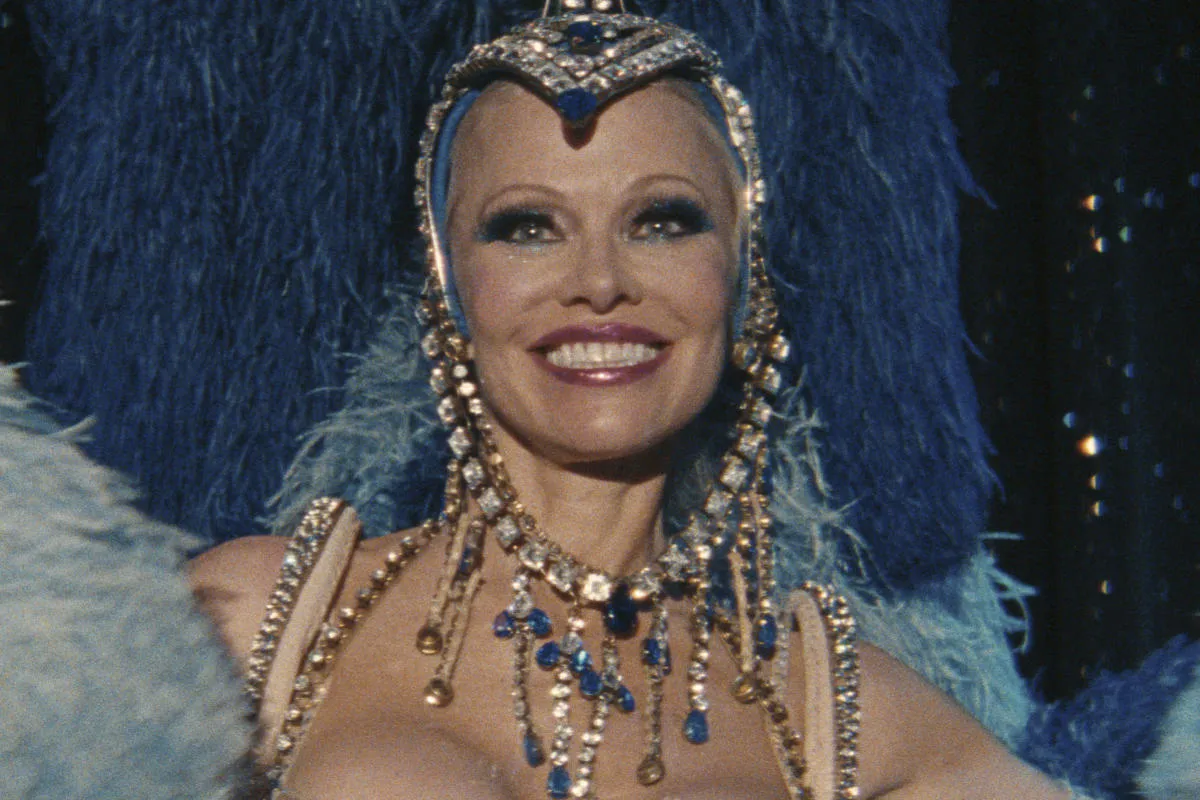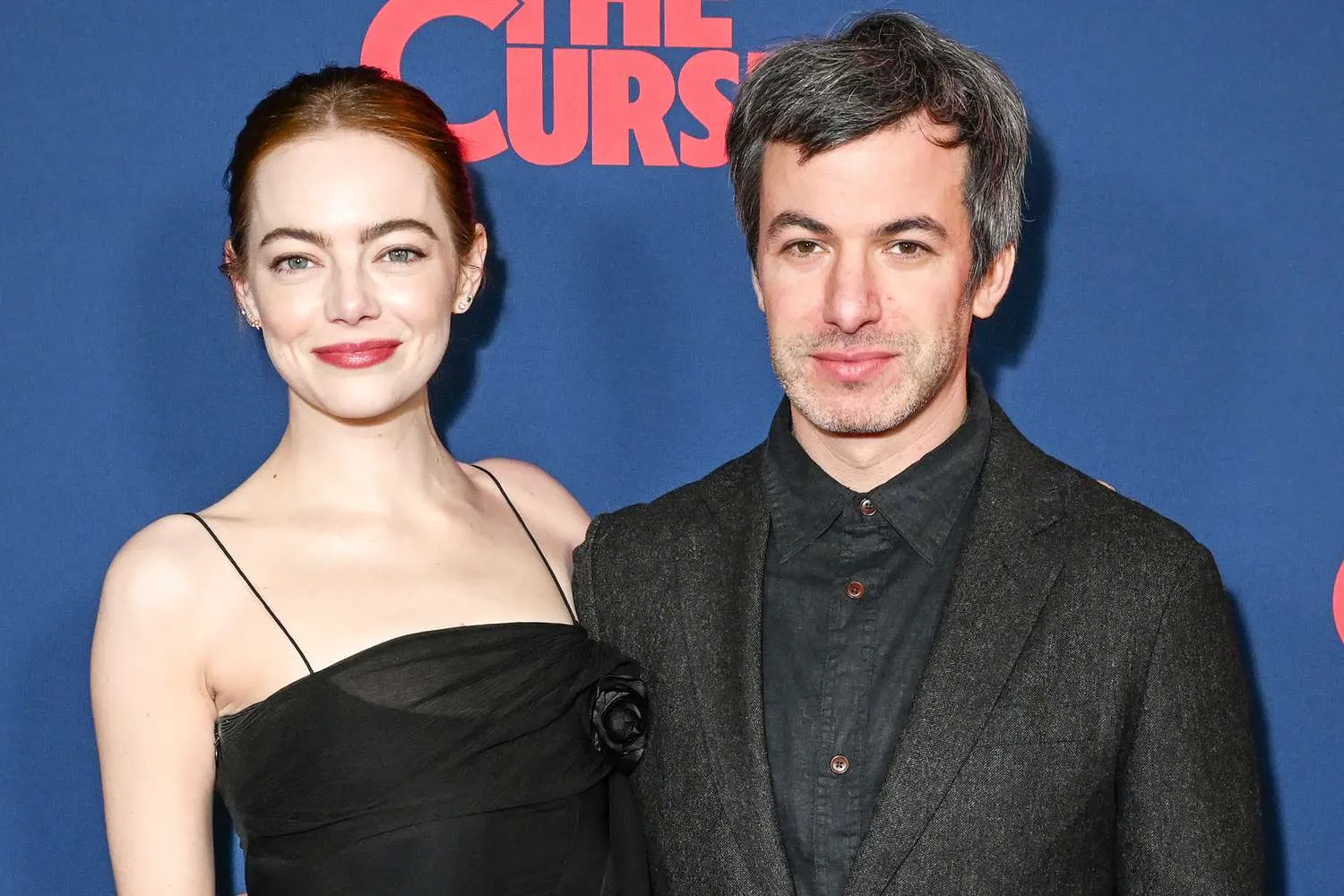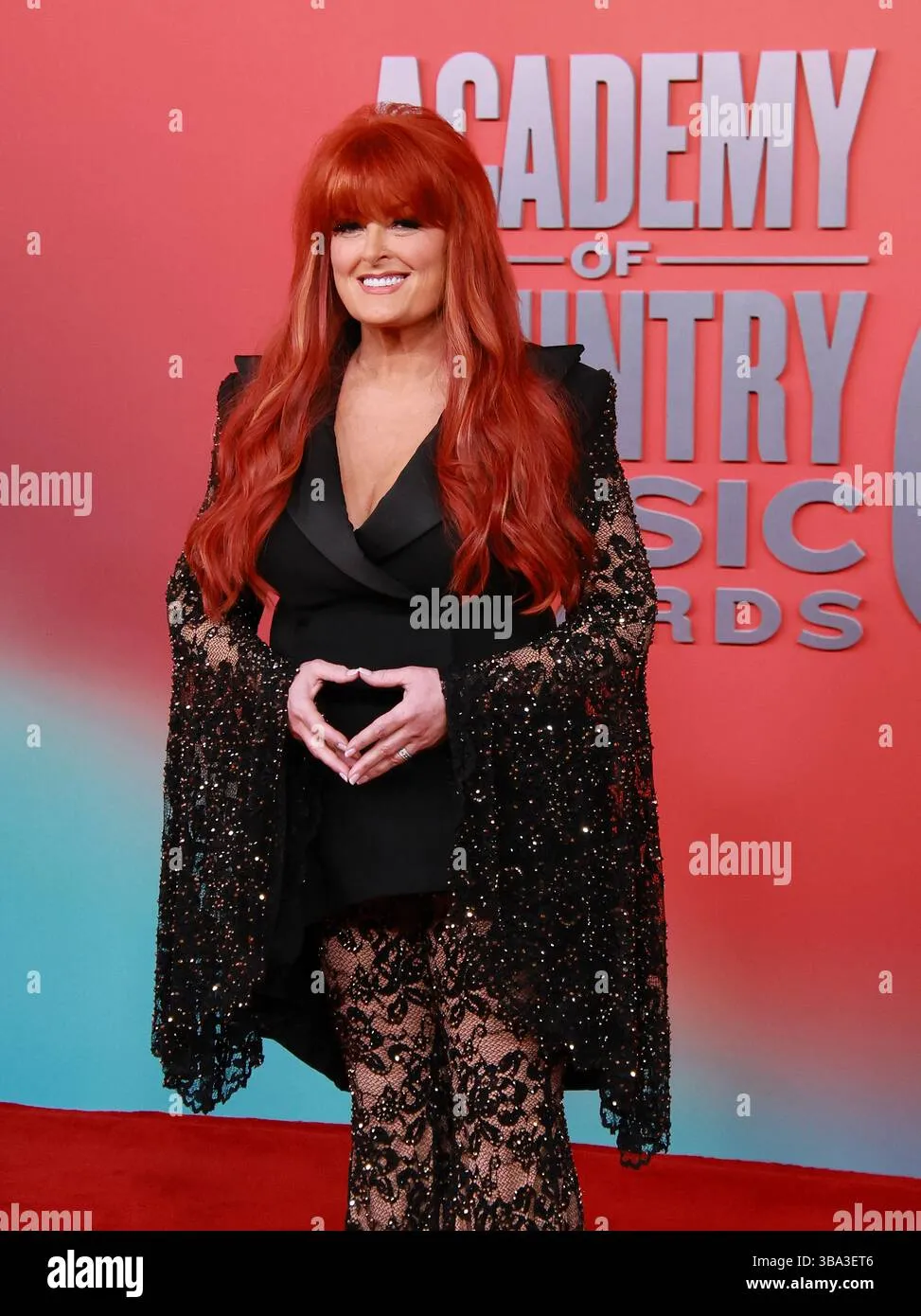Gia Coppola Unveils the Dark Side of Fame in ‘Mainstream’
In the ever-evolving landscape of digital culture, filmmaker Gia Coppola has crafted a provocative exploration of internet fame that cuts to the heart of modern social dynamics. Her sophomore feature, Mainstream, emerges as a razor-sharp satire that peels back the glossy veneer of online celebrity, revealing the raw and often disturbing undercurrents beneath.
The film follows Frankie (Maya Hawke), a struggling artist who becomes entangled with Link (Andrew Garfield), a charismatic and increasingly unhinged internet personality. Coppola’s narrative serves as a cautionary tale, dissecting the intoxicating and ultimately destructive nature of viral fame in the digital age.
Drawing from her unique perspective as a member of Hollywood’s legendary Coppola family, the director brings a nuanced understanding to the film’s complex themes. “Mainstream is more than just a critique,” Coppola explained in a recent interview. “It’s a mirror reflecting our collective obsession with online validation and performative identity.“
The film’s genesis stems from Coppola’s keen observations of social media culture, particularly the way platforms transform individuals into commodities. Andrew Garfield’s character Link undergoes a transformative journey that epitomizes this phenomenon – from a genuine individual to a carefully manufactured viral sensation.
Key elements that make Mainstream a compelling cinematic experience include:
- Provocative Storytelling: A narrative that challenges viewers’ perceptions of fame
- Stellar Performances: Nuanced portrayals by Maya Hawke and Andrew Garfield
- Social Commentary: A deep dive into digital culture’s psychological impact
- Visual Aesthetic: Innovative cinematography that captures the digital zeitgeist
Jason Schwartzman’s supporting role as a manipulative manager adds another layer of complexity, highlighting the exploitative machinery behind internet celebrity. The film doesn’t just critique – it dissects the mechanisms of fame with surgical precision.
Devonté Hynes’ haunting musical score becomes an additional character, amplifying the emotional landscape of the narrative. Each note seems to underscore the film’s central question: What price are we willing to pay for momentary digital recognition?
While Mainstream has received mixed critical reception, it undeniably strikes a nerve in our hyper-connected world. Coppola’s work transcends simple criticism, offering a nuanced exploration of identity, authenticity, and the blurred lines between performance and reality.
The film’s ambiguous conclusion intentionally leaves viewers uncomfortable, challenging them to reflect on their own relationship with social media and the constructed personas we collectively create and consume.
As a filmmaker, Gia Coppola continues to prove herself as a thoughtful chronicler of contemporary culture. Her lineage – granddaughter of Francis Ford Coppola and niece of Sofia Coppola – seems almost incidental when confronted with her distinct artistic vision.
Mainstream ultimately serves as a powerful meditation on the psychological toll of internet fame. It’s a film that doesn’t just observe the digital landscape but interrogates it, inviting audiences to look beyond the carefully curated surfaces we present to the world.
Final Verdict: A bold, unflinching exploration of digital-age identity that demands attention and introspection.
Rating: 4/5 stars






Leave a Comment